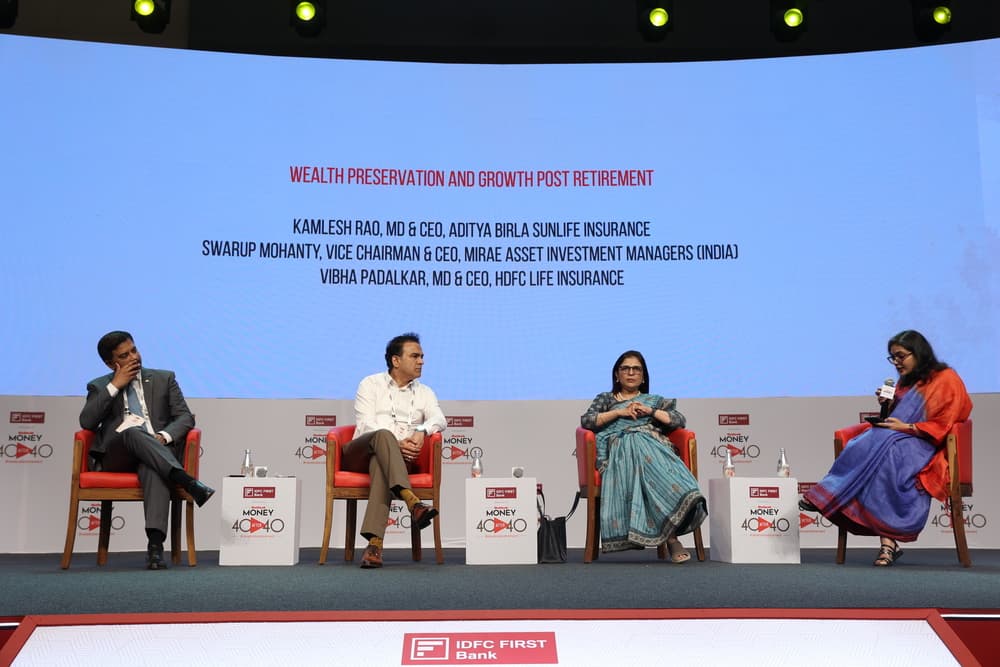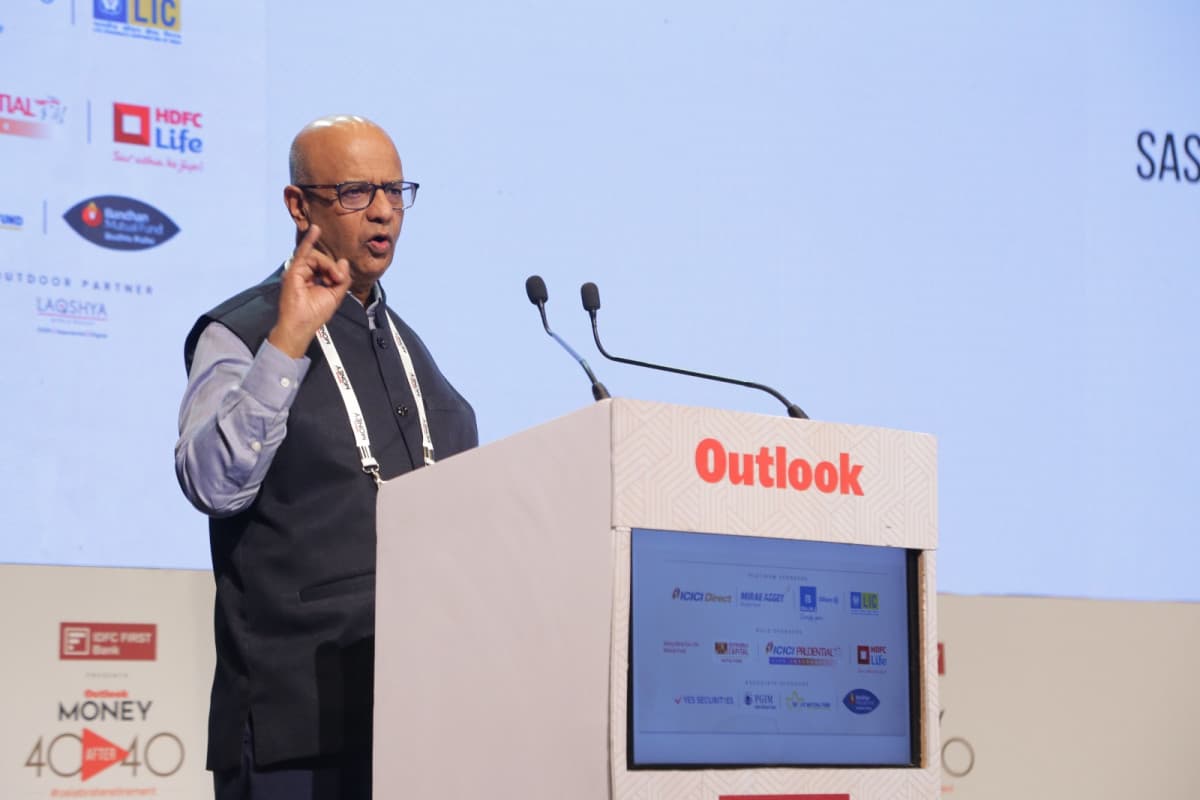Retirement and pension benefits are granted to retired government officials to guarantee them a steady income and security in their retirement years. The provisions for pension aim to ensure that these retirees enjoy financial well-being in their retirement years, thus enabling them to be independent and navigate their post-career years without facing financial hardships, these are some of the Government Employees Retirement Benefits people talk about.
Components Of Retirement Benefits
Retirement benefits primarily encompass leave encashment, where employees can accumulate unused leaves and convert them into cash upon retirement, along with retirement gratuity and the sum they contributed to their provident fund (PF) account throughout their tenure.
Says Archit Gupta, founder and CEO, of Clear, a tax portal: “All these, when put together, will result in a considerable corpus. This amount is going to be the backbone of the employee’s retired life. Using this amount wisely will alleviate the need to depend on others to handle financial expenses. This will give them a sense of financial confidence.”
Additional Benefits
In addition to the aforementioned retirement benefits, retired government officials are entitled to pension benefits, thus ensuring a tranquil retired life free from financial concerns. Various types of pensions are available to government employees upon the conclusion of their employment tenure, including retiring pensions, superannuation pensions, voluntary retirement pensions, compassionate allowances, family pensions, compensation pensions, and extraordinary pensions.
Superannuation pension schemes cater to government officers who continue their service until they reach the age of 60. Voluntary retirement pension is disbursed to officials opting to retire three months after completing a 20-year service period. Extraordinary pension plans provide financial support to retired government employees with disabilities, or physical challenges, or to the families of those who lost their lives in government service.
Benefits Of Deceased Government Employees’ Families
Central government employees enrolled in the National Pension System (NPS) have the choice, under Rule 10 of the Central Civil Services (CCS) (implementation of NPS) rules, 2021, to opt for benefits from the traditional pension scheme or the accrued pension fund under NPS in the event of their demise. However, the family of the deceased government employee is not eligible to exercise this option.
If a central government employee fails to provide his/her preference in this matter, the default choice for the first 15 years of service is the benefits under the Old Pension Scheme (OPS). Subsequently, the default option shifts to benefits under NPS. At present, the default preference of OPS remains applicable until March 2024, according to these rules, even if the government employee has completed 15 years of service.
The following benefits are available in the event of the in-service death of a central government employee covered under NPS:
(i) Family pension under CCS (pension) rules, 1972 as per option exercised by a government servant or default option, or in case, the government servant has opted for benefits under NPS, the family would get benefits from his accumulated pension wealth under NPS.
(ii) Death gratuity
(iii) Leave encashment
(iv) Benefits from the Central Government Employees Group Insurance Scheme (CGEGIS),
(v) Central Government Health Scheme (CGHS) facilities
Following Rule 20 of CCS (Implementation of NPS) rules, 2021, if a government employee opted for the Old Pension Scheme (or didn’t choose it, thus leading to the default option), the office will start the process of granting a family pension to the eligible member(s) of the deceased government employee’s family. This mirrors the process for government servants under the OPS (those who joined before January 1, 2004).
At the same time, officials will start the process of deactivating the Permanent Retirement Account Number (PRAN) under NPS for the government employee. The government’s contribution (along with returns) will move to the government account, and the rest will be given to the nominee or legal heir as a lump sum, following the rules of the Pension Fund Regulatory and Development Authority (PFRDA).
However, for government servants who chose NPS benefits upon their demise or defaulted to NPS benefits in the absence of a choice, the respective office will deactivate the PRAN under the NPS for the deceased government servant. Following this, they will provide a lump sum benefit (up to a maximum of 20 per cent of the accumulated pension wealth) and annuity from the remaining pension wealth to the eligible member through an annuity service provider registered with PFRDA, in line with PFRDA (exits and withdrawals under NPS) regulations, 2015. Additional benefits, such as death gratuity, leave encashment, CGEGIS, and CGHS are applicable in both scenarios.




